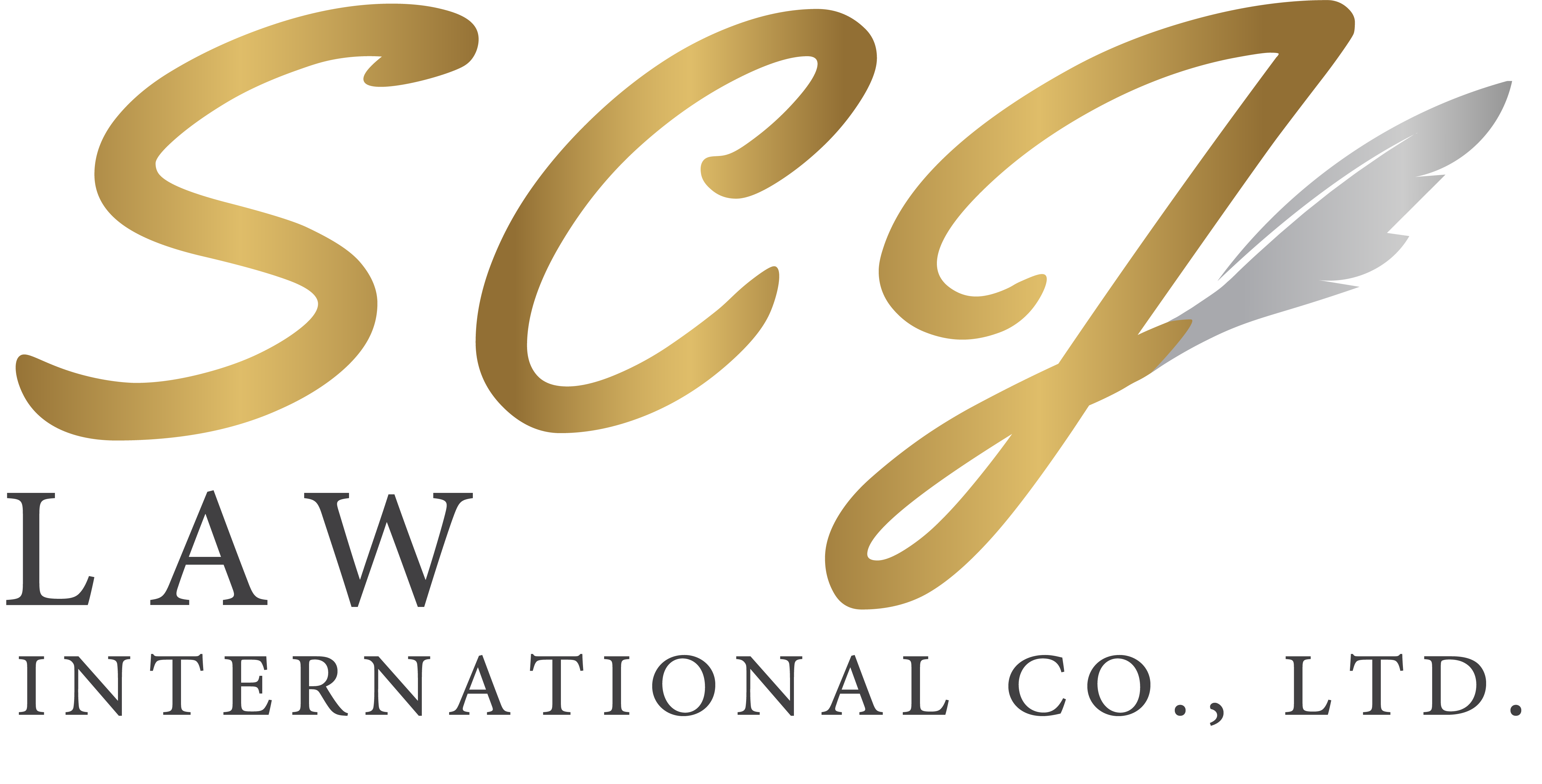Overview of Civil and Commercial Litigation in Thailand
Thailand has a predominantly civil law legal system with a three-tier court system. Thai law is primarily statute based, with major Codes resembling those of European civil law jurisdictions. The Thai legal system is a statutory law system, which means it is mostly based on written law passed by the legislature. Primary sources of law include the Constitution, which is the supreme law, legislation such as Codes and Acts, decrees and custom. Judicial decisions are not binding, but in practice Supreme Court decisions are persuasive, have some precedential value, and are often used as secondary authoritative sources of law.
Thai Civil Courts
Civil courts comprise three tiers as the following:
- Courts of First Instance;
- Courts of Appeals; and
- the Supreme Court.
There are also the so-called specialized courts which include the Labor Courts, the Juvenile and Family Courts, the Central Taxation Court, the Central Intellectual Property and International Trade Court, and the Central Bankruptcy Court.
The main stages in civil proceedings are as follows:
- Filing of a Complaint – litigation starts with the plaintiff’s filing of a complaint or statement of claim with a court. The statement of claim sets forth all the particulars of the plaintiff’s claims, including the relevant facts, allegations, nature of such claims, claimed amount, and/or relief requested.
- Answer and Counterclaim – a defendant is required to submit a statement of defense within 15 days from the effective date of service of a writ of summons. A statement of defense includes a defendant’s admission or denial of the plaintiff’s allegations in whole or in part, as well as the reasons for denial. The defendant may also include a counterclaim.
- Trial – if the parties to a dispute cannot reach an amicable settlement during the pre-trial stages, the court will proceed with the case by scheduling a hearing to determine the issues to be considered during the trial. Subsequently, trial dates will be scheduled for the examination of evidence to be presented by each party.
- Examination of evidence – a trial commences with the examination of evidence to be adduced by each party in support of their allegations. Presentation of evidence is made to the court on the scheduled trial dates.
- Judgment – Judgments are based on the relief sought by the complainant. Relief granted by a judgment may include specific performance, a permanent injunction on actions, and/or damages.
- Appeals – In civil cases, appeals must be filed within one month of the judgment being rendered. Extensions may be requested and granted at the court’s sole discretion when reasonably justified.
Court Fees
Court fees on entry of claims (or counterclaims) for cases in which the relief is in monetary terms is calculated at each level of court at the following rates:
- For claims concerning property or money: 2% of the claimed amount of THB 50 million or less with a maximum fee of THB 200,000, plus an additional fee at a rate of 0.1% of the claimed amount beyond the first THB 50 million.
- For claims concerning the enforcement or revocation of an arbitral award made in Thailand: 0.5% of the award or an amount in controversy of THB 50 million or less with a maximum fee of THB 50,000, plus an additional fee at a rate of 0.1% of the amount beyond the first THB 50 million.
- For claims concerning the enforcement or revocation of an arbitral award made outside Thailand: 1% of the award or an amount in controversy of THB 50 million or less with a maximum fee of THB 100,000, plus an additional fee at a rate of 0.1% of the amount beyond the first THB 50 million.
- For requests concerning the enforcement or foreclosure of a mortgage: 1% of the claimed amount of THB 50 million or less with a maximum fee of THB 100,000, plus an additional fee at a rate of 0.1% of the amount beyond the first THB 50 million.
Court fees on entry of claims for a case in which the relief is not in monetary terms is THB 200 per case. Additionally, non-resident plaintiffs may be required to deposit security with the court to insure against a potential award in favor of the defendant.
Civil cases brought before Thai courts are commonly issues arising from the following:
- Labor disputes
- Administrative cases
- Intellectual property disputes
- Landlord/tenant dispute cases
- Property disputes
- Business disputes
- Breach of contract cases
Our professional lawyers and expertise in civil and commercial litigation cases will represent you during the entire proceedings of your civil case. These include the proper designation of the case, the jurisdiction of the court proceedings, the determination of the proper parties, trial proceedings until judgment is rendered.

